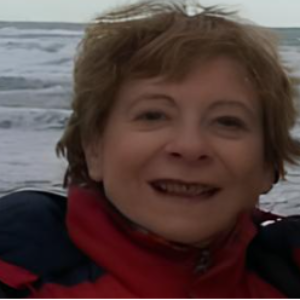Title : Catalysis in the next industrial revolution
Abstract:
Sub-products from the agricultural industry are being employed as renewable low cost raw materials in the design of Ecomaterials and substances for use in a number of industrial processes of great interest. These materials can compete with conventional ones since with this process a sustainable cycle is closed, in which the residues of one industry are used as raw materials in the same or other industries. This work is based on the collaboration among several research groups and various industries interested in the transformation of their residues into “value added materials”. Various research projects have been and are being sponsored (Renewable fine chemicals from rice and citric subproducts: Ecomaterials. Appl. Catal. B: Env. 106 (2011) 488. Preparation, characterization and in vitro osteoblast growth of waste-derived biomaterials. RSC Adv., 2014,4, 12630. Multivalorization of apple pomace towards materials and chemicals. Waste to wealth. Journal of Cleaner Production 143 (2017) 847. Three pathways to cleaner platform chemicals: Conventional, microwave and solar transformation of a by-product from the orange juice manufacturing process. Journal of Cleaner Production, 168 (2017) 746. Beverage waste derived biomaterials for tissue engineering. Green Chemistry 19 (2017) 4520. Environmentally friendly catalysts for improved cleaning of toluene-containing gaseous effluent. Arabian Journal of Chemistry 14(2021):103268. Patent “Preparation of biocompatible materials from beer production waste and their uses”, PCT/ES2009/070475. Patent: Procedure to obtain multifunctional materials from sunflower oil productyion wastes. 201130303. Patent “Procedure to obtain an immobilised enzyme on a renewable support derived from agricultural residues”. 201330114).
Audience take away
- Immobilization of enzymes and their use in biocatalytic processes (biodiesel and nutraceuticals production)
- Renewable biomaterials being used as matrices for tissue engineering
- Catalytic conversion of wastes to biohydrogen and fine chemicals avoiding the need to use petroleum derivatives
- Catalysts for environmental protection
- Multivalorization of agriwastes including cellulose to avoid the need for non-renewable plastics.



